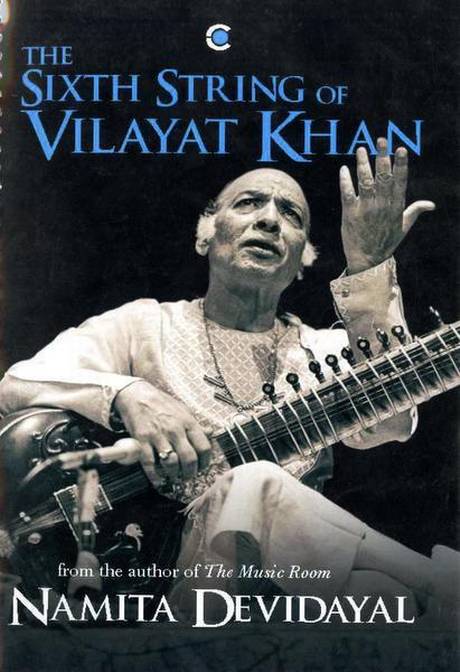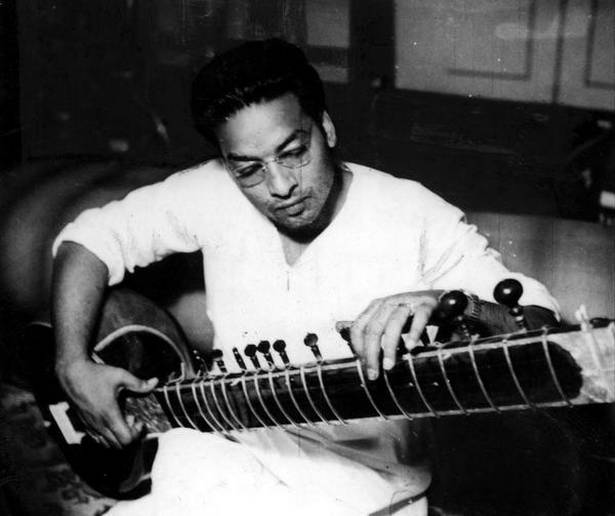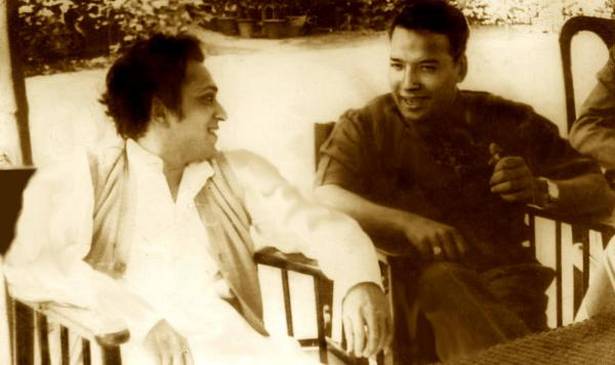Hyderabad,TELANGANA / Chicago, U.SA. :

The Famous personality of Hyderabad Nawab Wajid Ali Khan Retd. Superintendent of Police Ex AP, son Engr. Ameer Mohammed Ali Khan, grandsons Mohammed Shahzaib Ali Khan, Financial Analyst and Engr. Mohammed Shahwaar Ali Khan, wedding and reception ceremonies were held in accordance with the Hyderabadi culture and traditions at the Shalimar Banquets and Ambiance Banquets both were held in the Chicago America.
On this occasion, many guests attended functions by many friends and dignitaries from different states of India, America, Canada and KSA. Engineer Ameer Mohammed Khan is a well-known Civil Engineer of Indian origin and President of the All-Saints’ High School old students association.
The marriage ceremony of his younger son Mohammed Shahzeab Ali Khan was performed at the Masjid Al Jumma Bolingbrook IL with Zaina Salim, the daughter of prominent American businessman Asif Salim.
Maulana Mufti Qari Arif Kamal read the marriage sermons and prayed for the couples and ummah. While many distinguished guests participated in the wedding reception of eldest son Engr Mohammed Shahwaar Ali Khan, son of Engr Ameer Mohammed Ali Khan. In both the ceremonies, the guests were entertained and served authentic traditional and tasty Hyderabadi foods.

The highlight of Mohammad Shahzeab Ali Khan’s wedding was that there was an opportunity to see an extraordinary glimpse of Hyderabadis civilization in the baraat procession. All the guests were dressed in sherwanis & Turbans in the procession.
The groom was riding a decorated horse and the procession gave an impression of a prince’s marriage procession. In both the ceremonies, special attention was paid to the traditional Hyderabadi culture and together with the participation of the two daughters in laws of Mrs. & Engr Ameer Mohammed Ali Khan, Syeda Urooj Khan the daughter of, Nawab Mir Qutbuddin Ali Khan Saheb and Mr. Asif Saleem Saheb Zaina Saleem.
For the information of It should be noted that Syeda and Urooj Khan is the great granddaughter of His Highness, the HEH the Nizam 7th of Hyderabad Deccan, Nawab Mir Osman Ali Khan Saheb Bahadur.
The Wedding ceremony and the Wedding reception ceremony were attended by the family members of late Muhammad Bin Saeed Bahaman (Super A Class Contractor, Hyderabad), late Nawab Wajid Ali Khan Sahib (former Superintendent of Police, Ex AP) from Hyderabad Deccan.
Among the invitees who attended in these ceremonies were from the different parts of United States of America and Canada were State Senator Ms. Nabila Syed (Illinois), Martin McManamon (Commissioner, Highways Illinois) Haime Fallad (Dy Chief Engineer Metra Rail) Mr. Khokhar (Mayor, Glendale Heights, Illinois), Politicians, CEO’s and the Presidents of several Engineering companies, famous and well-known Doctors, Attorneys, Judges, Businessmen, Industrialists, Chartered Accountants, many of the professional experts from various walks of life participated and expressed good wishes to the two new couples and blessed them with their prayers.
Among those who showered their love and faithfulness on both the Bridegrooms and the Brides. The close relatives who have welcome the guests were Dr. Sultan Sikandar Ali Khan (New York), Advocate Malik Liaquat Ali Khan (California)
Engr. Fazal Mustafa Ali Khan (KSA), Dr. Fazal Sarvari (Chicago) Dr. Muhammad Saifuddin (Chicago) Mr. Muhammad Athar (Chicago), The family members of Nawab Mir Qutbuddin Ali Khan (Chicago), Mr. Asif Salim, (Chicago), Abubakar Bin Mohammad and Umar Bin Mohammad (Builders and Developers Deccan Hi-Tech Constructions, Hyderabad), Dr. Shaheera Khan, Attorney Shahina Khan, Engr Shariq Shaikh, Engr Zubair Ali,(all Chicago). Engr Zaheer Khan (California), Engr Ghouse Khan (Boston), Engr Shujaat Khan (New Jersey), Dr. Fahad Sarvari (Chicago), Engr Shafath Khan (Dallas), Syed Irfan Ahmed (California) and others.
Mrs. & Engr Ameer Mohammed Ali Khan has thanked the guests.
source: http://www.siasat.com / The Siasat Daily / Home> NRI’s Corner / by News Desk X / June 17th, 2023











